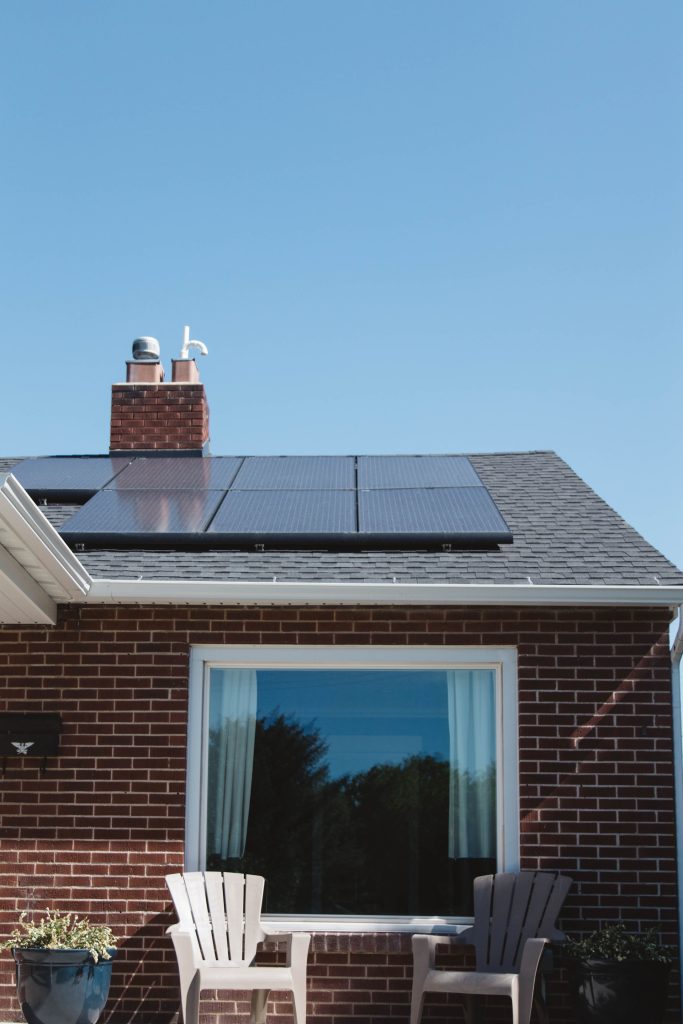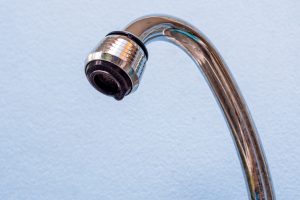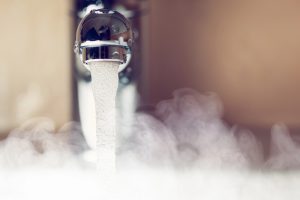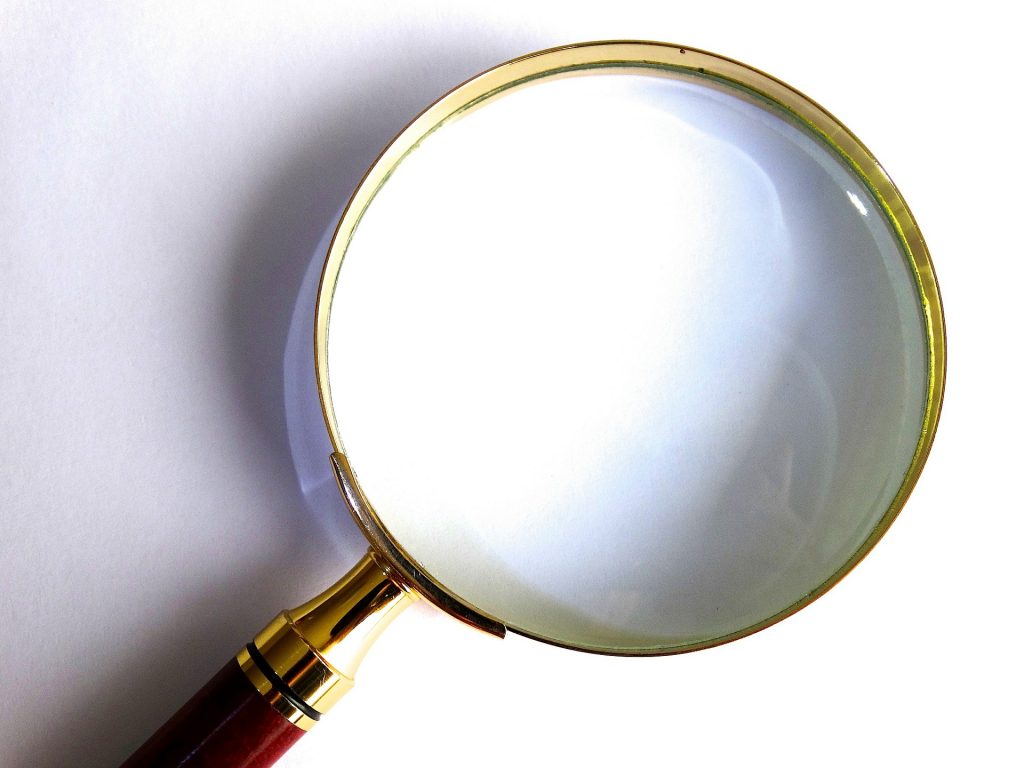Summer has arrived in Phoenix, and increased utility bills come with warmer temperatures that require more energy consumption while you’re trying to keep cool. If you want to ensure your home is as energy efficient as possible during these months of heavy use, you can schedule a home energy audit in Phoenix.
If you want to perform a home energy audit in Phoenix yourself rather than hiring a professional to complete it for you, there are some simple steps you can take for a limited assessment. While a professional who conducts energy audits in Phoenix might be better equipped to evaluate your home for potential energy losses, you should be able to determine many of them on your own by using a checklist of things to look for during your review.
If you prefer to do your own Phoenix energy audit, here are some simple steps you can take:
Check for Air Leaks
If you have noticed drafts in certain areas of your home, you should start with locating the source of those. You will need to find out where the drafts are coming from and determine what you need to do to correct the leak. You can save considerably on energy costs just by sealing off any air leaks you locate.
Once you find an air leak, you must seal it. Plug any holes around pipes, faucets, outlets, or wiring that enter the premises using the necessary material.
Check Ventilation
While ensuring that your home is energy efficient, be mindful that you must maintain proper ventilation. Exhaust fans are essential for keeping the air quality of your home at its best. Indoor pollution can be dangerous if your exhaust systems aren’t pulling combustion gases from certain appliances out of the air you breathe in your home.
This is especially important if you use natural gas, home heating fuel, propane or wood to keep warm in the cooler months. Suppose you are seeing higher levels of soot or noticeable burned marks on any of these appliances or smoke visible in the area where it operates. In that case, you may have a ventilation problem.
Summer is a great time to have a heating audit performed by a professional. Any upgrades or repairs can be made while you aren’t using the appliances so that you are ready for the colder months.
Check Insulation
A poorly insulated home can lose a lot of heat in the winter and cool air in the summer. If your home was recently built, this might not be an issue, but older homes were insulated based on how much was recommended at the time of construction. Sometimes, that might be significantly less than what you need today.
Check your attic to make sure all areas needed are properly insulated sufficiently to keep your home warmer during winter weather and cooler on hot summer days. What may have been enough insulation when an older house was built might not still be enough today.
There should be a vapor barrier beneath your attic insulation. This barrier might be kraft paper and fiberglass batts or plastic sheeting. If no vapor barrier is present, you might want to paint your interior ceiling with vapor barrier paint to prevent moisture from escaping into your attic and compromising the effectiveness of your insulation. Without an effective vapor barrier, you run the risk of structural damage in addition to added energy costs.
You will also want to check the wall insulation. You can check this by turning off the circuit breaker to any outlets on an exterior wall and opening up the cavity to check for insulation behind it. Alternatively, you can make a small hole in a closet or other hidden area to study. A long screwdriver or a similar tool can be used to check the resistance that will be present if insulation is present.
Basements and crawl spaces should be insulated. If there are heating or cooling appliances located in this type of space, the insulation should be around the area where they are located. If not, the insulation should be beneath your interior living quarters flooring.
Inspect Heating and Cooling Systems
If you have not already had annual maintenance performed on your HVAC system, now is the time to get it done. A qualified technician can ensure your system works well and clean all components. If your unit is older, they can recommend upgrading to a more energy-efficient unit that may pay for itself in the long run by cutting your air conditioner’s power consumption.
If you are doing your own home energy audit in Phoenix, check your ductwork for any streaks of dirt near the seams. These are an indication of air leaks and will need to be sealed. Add insulation with a minimum R-value of 6 to any ducts or pipes in unheated spaces. Otherwise, you should check your filters and replace them if necessary. Typically, you should already be doing this every few months or perhaps every month during heavy usage. You can also check our article on leaving AC on all day for more information about reducing air conditioner costs
Lighting
Lights in your home drive about 10% of your utility bill. Check your light bulbs and replace any high wattage ones with more energy-efficient choices. Make sure lights are off when leaving rooms. You might also consider adding smart devices, sensors, dimmers or timers to reduce the use of lighting.
Appliances and Electronics
Appliances can use a great deal of energy, especially older ones. Even when not in use, merely being plugged in can use electricity in some cases. Unplug devices you aren’t using. If you have an appliance that you note is heavy on energy use, consider replacing it.
Once you have finished your home energy audit, you should have a list of what you can do to reduce energy consumption in your home. Make a plan to improve any lacking items on your list, starting with what you can do immediately and moving on to what might take a little longer to accomplish.
For any items you can’t fully assess, consider contacting the experts here at American Home Water and Air for a professional home energy audit in Phoenix. Also, check out our next article on the average electric bill in Arizona.














